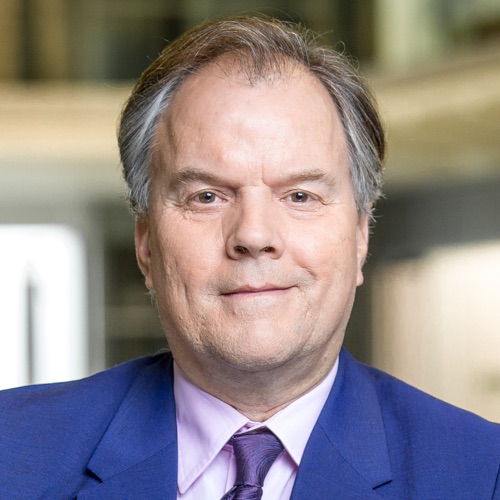Apathy, not rage, is the EU’s biggest threat
The Thalys train from Paris to Brussels (lasting an hour and 15 minutes) glides effortlessly through the flat landscape of northern France crossing the border with Belgium without even a jurisdictional ripple or the disturbance of border guards. The joys of Schengenland.
It is a reminder of the pleasant practicalities of Europe that we had all got somewhat used to – that get completely ignored in the current storm but that might be downgraded or thrown out if the populist anti-Europe insurrection isn’t stopped.
The pile of newspapers competing for space on my small table scream headlines in different languages. Most of it is seismically geared. “Erdbeben, terremoto, earthquake” etc.
But after a whole day of licking wounds and tearing out hair, the voices of caution are beginning to reassert themselves. The centre-right and left parties still dominate the European parliament, they assert. The far right and far left are hopelessly divided amongst each other, they point out. The Euro project is facing some serous detours but our train will not be derailed, they reassure themselves.
The op ed in the respected German Frankfurter Allgemeine Zeitung predicts that under the steady guiding hands of Angela Merkel, who triumphed in Sunday’s poll, the emphasis will now be on more, not less, Europe: circling the wagons against the populist hoard and not losing one’s cool.
In Brussels, Jean-Claude Juncker, the former prime minister of Luxembourg who heads the centre-right bloc, confidently predicted last night that he would still be anointed to the EU’s most powerful position as president of the commission. He may be right.
But as the FT pointed out today, the greatest danger now is not hysteria but complacency. President Francois Hollande knows this. When he addressed the nation last night he looked terrified. It’s not just about losing power and spending his remaining years in office as a lame duck president. He doesn’t want to go down in history as the man who handed the keys of the Elysée Palace to the far right. Like so much else these days, it is no longer inconceivable. Just imagine the headlines in 2017: France elects first female president, Marine Le Pen.
We have mostly focused on the radical right in recent days. The sudden rise of the radical left in Greece or Spain is equally unsettling to the established parties. The voters are lashing out in different directions. Their fists are flying in all directions.
But the message is the same: politics as usual doesn’t do it for us. The language of power, as President Hollande said last night, has become opaque and incomprehensible. He should know. The populist howl of indignation comes from the gut. As the EU’s battered and bruised heads of government meet in Brussels tonight to squabble over which unpopular unelected insider deserves to get the EU’s top job, the public’s eyes are bound to glaze over once again.
And here, arguably lies the biggest danger: not the deafening howl but the hollow silence. The sound of apathy. With more than 400 million voters, the EU is the biggest community of democrats on the planet. It has earned this prize of liberty after centuries of bloodletting and failed political experiments.
The enlargement of the EU to 28 members, many of them former vassals of the Soviet Union, has embedded a large chunk of middle and eastern Europe in the democratic system. It is a huge achievement. It is what Ukrainians are prepared to die for today. It upsets Vladimir Putin.
And yet the turnout overall was less than 50 per cent. In Slovakia it was a pathetic 13 per cent. More people probably vote in the Eurovision Song Contest.
Complacency from the top, rage from the wings and apathy from the bottom. A dangerous mix.
Follow @mattfrei on Twitter

